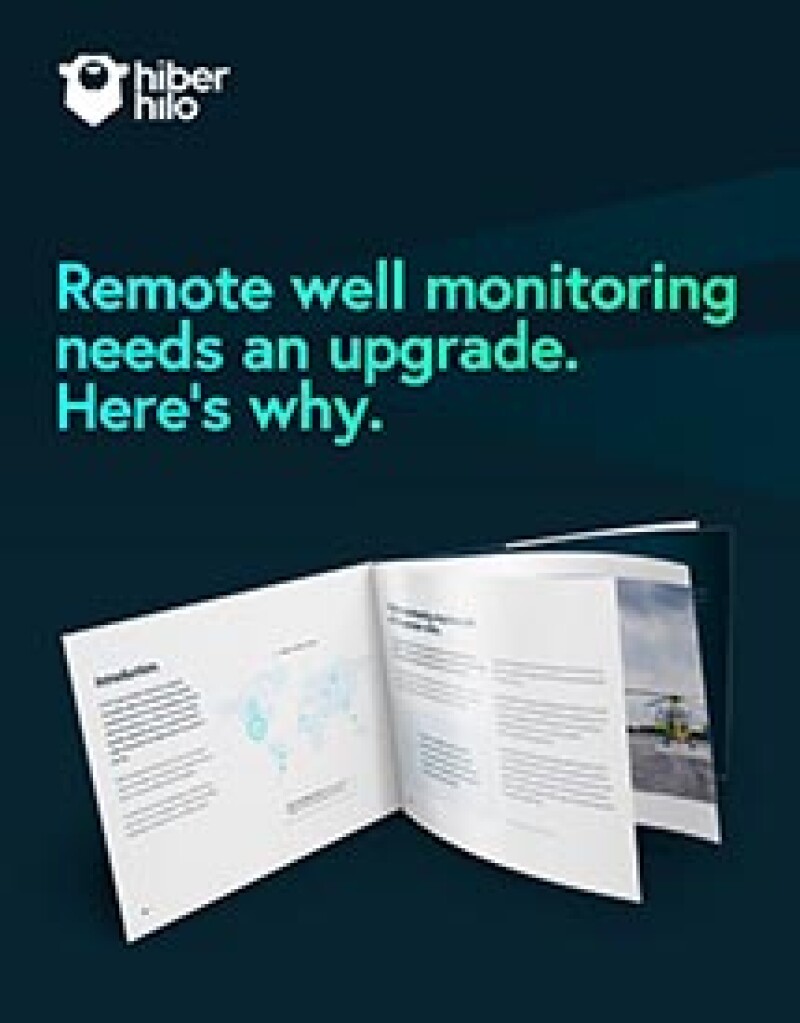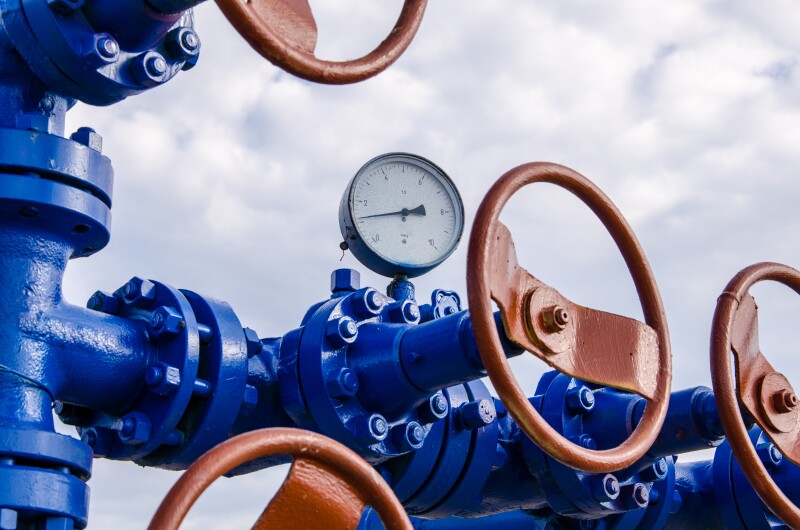This whitepaper looks at wellhead monitoring from a variety of angles and assesses the different challenges that currently exist. You may already be familiar with one or two of the challenges we discuss in the paper, but by the end you’ll have a complete understanding of why wellhead monitoring needs an upgrade. You’ll learn that wellhead monitoring is a much bigger problem than just crew safety or bad weather. It’s something that creates stress for your team and jeopardizes your business.
However, you’ll also learn that there are some new technologies that can make wellhead monitoring much, much easier. In particular, you’ll learn about the application of satellite-based monitoring technology, and what it means for your business.
After reading the whitepaper, you’ll know..
- Why manual wellhead monitoring is a bigger issue than you think
- What the implications are of satellite technology for oil and gas
- How you can quickly save money, improve safety, and reduce risk with tech
- Why wellhead monitoring is an easy digitisation win.
Curious? Fill in the form to get instant access to the paper.

The information at right will be provided to Hiber reflecting your interest in this topic. By providing contact information, you are agreeing that Hiber can contact you. SPE will not use this information for any other purpose.
When you submit the form, a download link for the white paper will be emailed to the address that you provide.



